Gender Equality
10 years of progress
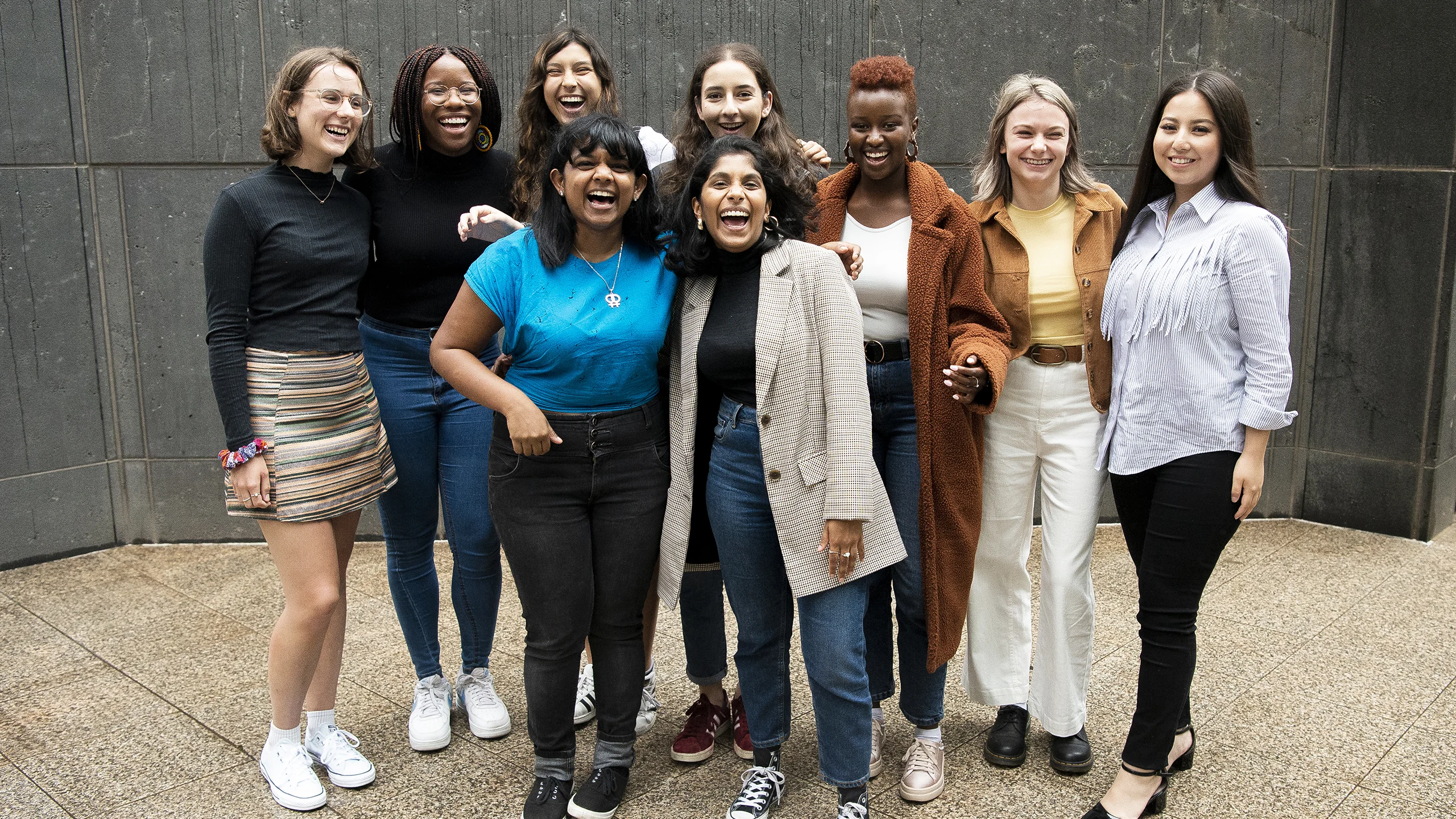
This year marked 10 years of International Day of the Girl.
Every year on October 11, the world recognises the unique challenges that girls face globally and celebrates their enormous potential to bring about change.
We look back at some of the incredible progress we’ve seen over the past 10 years when it comes to progressing gender equality both in Australia and around the globe.
In 2010, Julia Gillard became Australia's 27th Prime Minister and the first woman to hold the office. In 2012, she set Australian politics on fire and made world news with her unforgettable misogyny speech, giving words to the fury and frustration of many Australians.
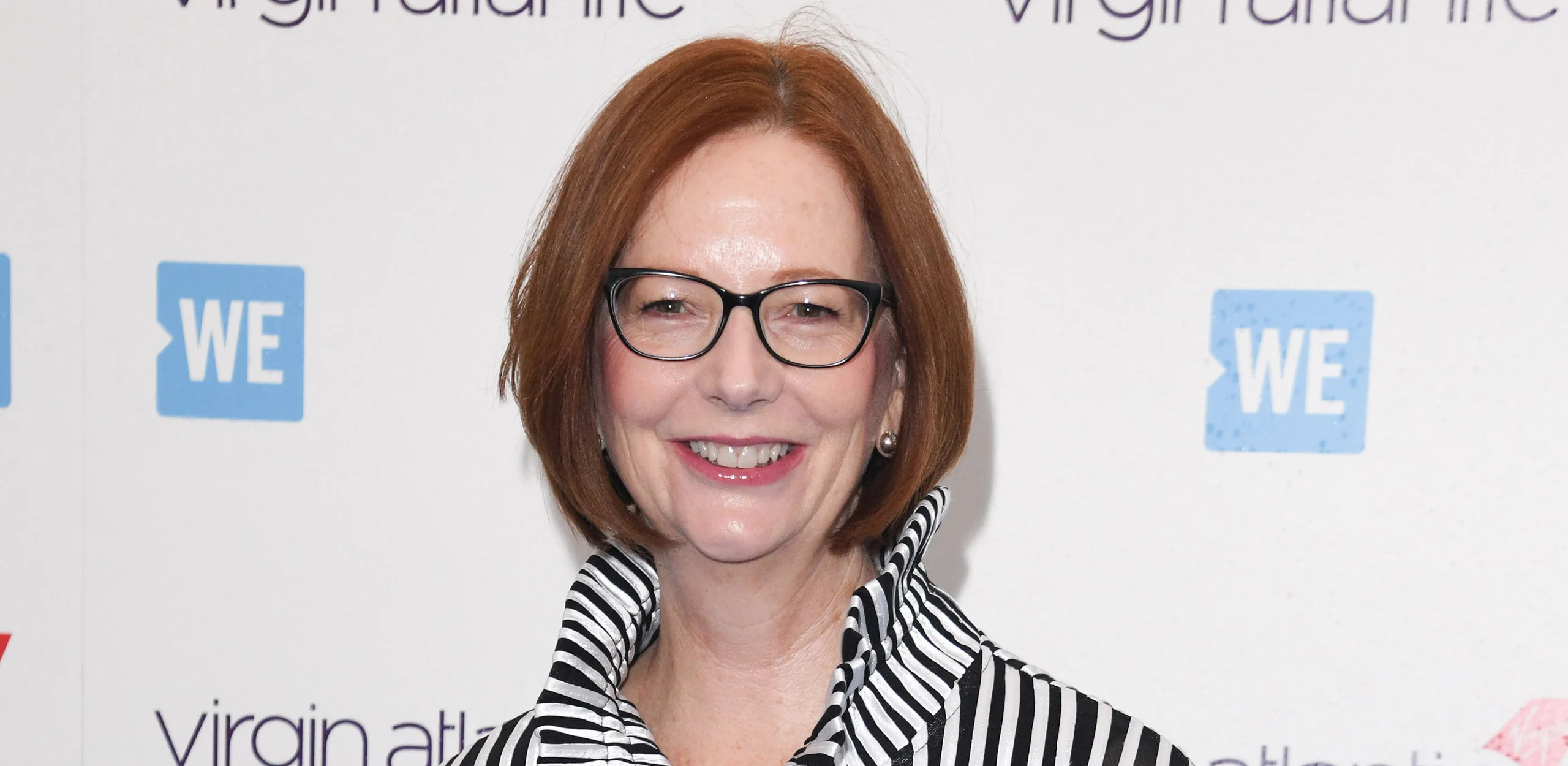
Over the past 10 years, the proportion of young women forced into child marriage decreased by 15% and progress has been significant in regions previously marked by high levels of child marriage.
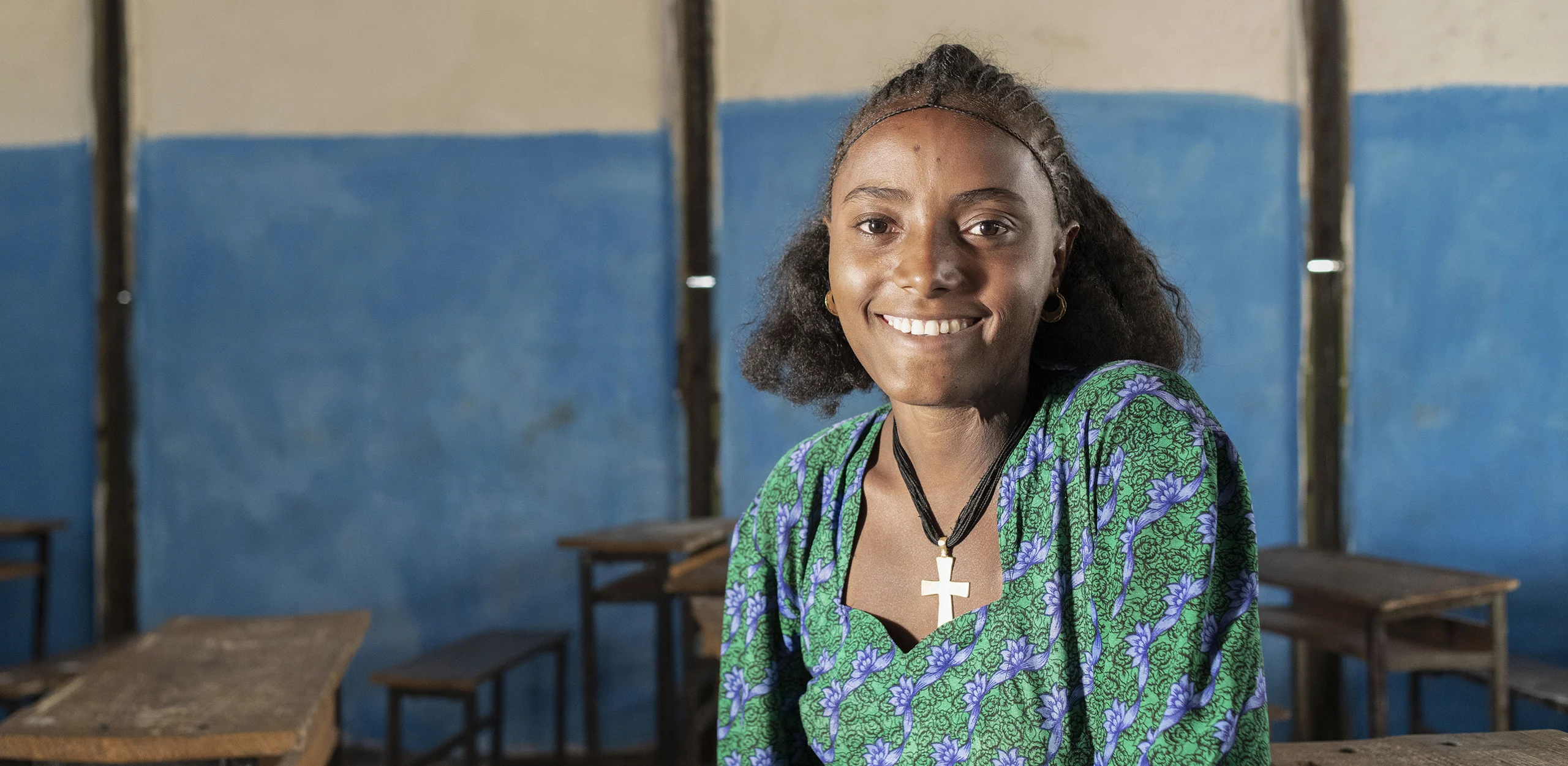
And around the globe, we’ve seen gender gaps in enrolment and attendance decline, which means fewer girls are out of school. UNESCO notes secondary school enrollment for females increased from 72% in 2012 to 76% in 2020.
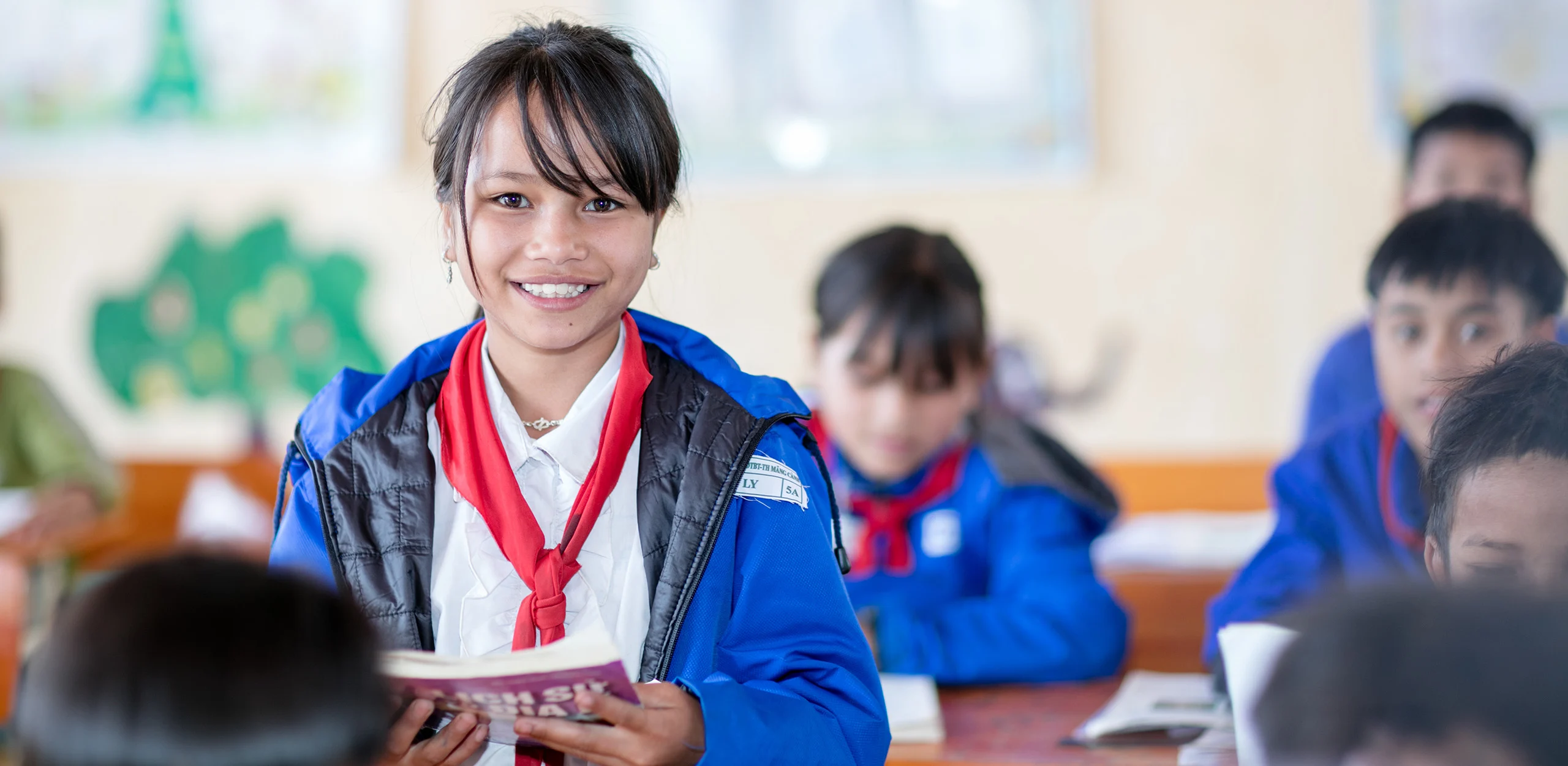
The global adolescent birth rate amongst girls aged 15–19 dropped from 47 to 41.2 births per 1,000 between 2012 to 2020.
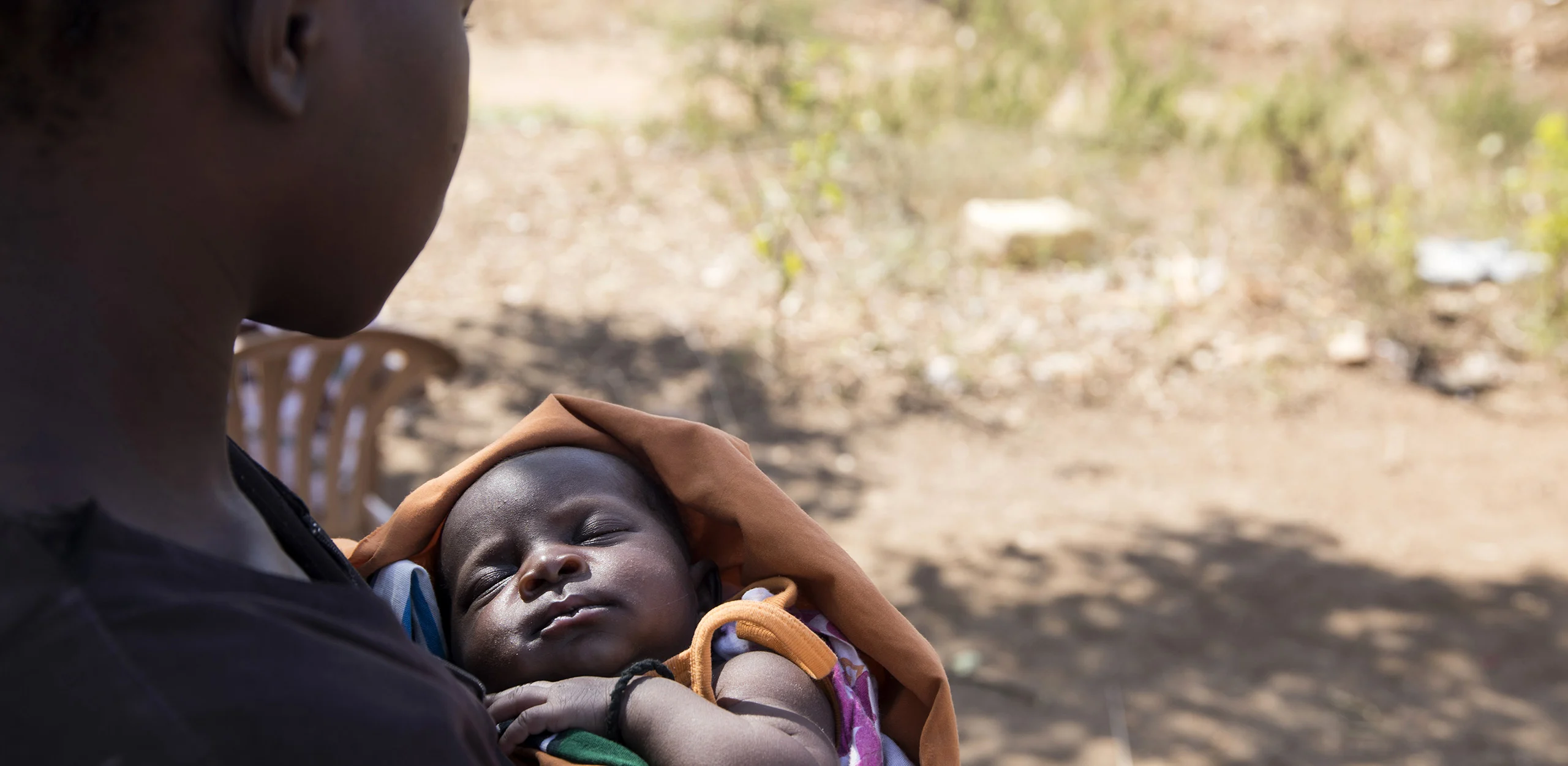
In 2017 the #MeToo hashtag went viral, sparking the anti-sexual harassment movement and uncovering the magnitude of sexual violence as an issue. The movement paved the way for victims of sexual violence, regardless of gender, to come forward, share their stories and hold their perpetrators to account.
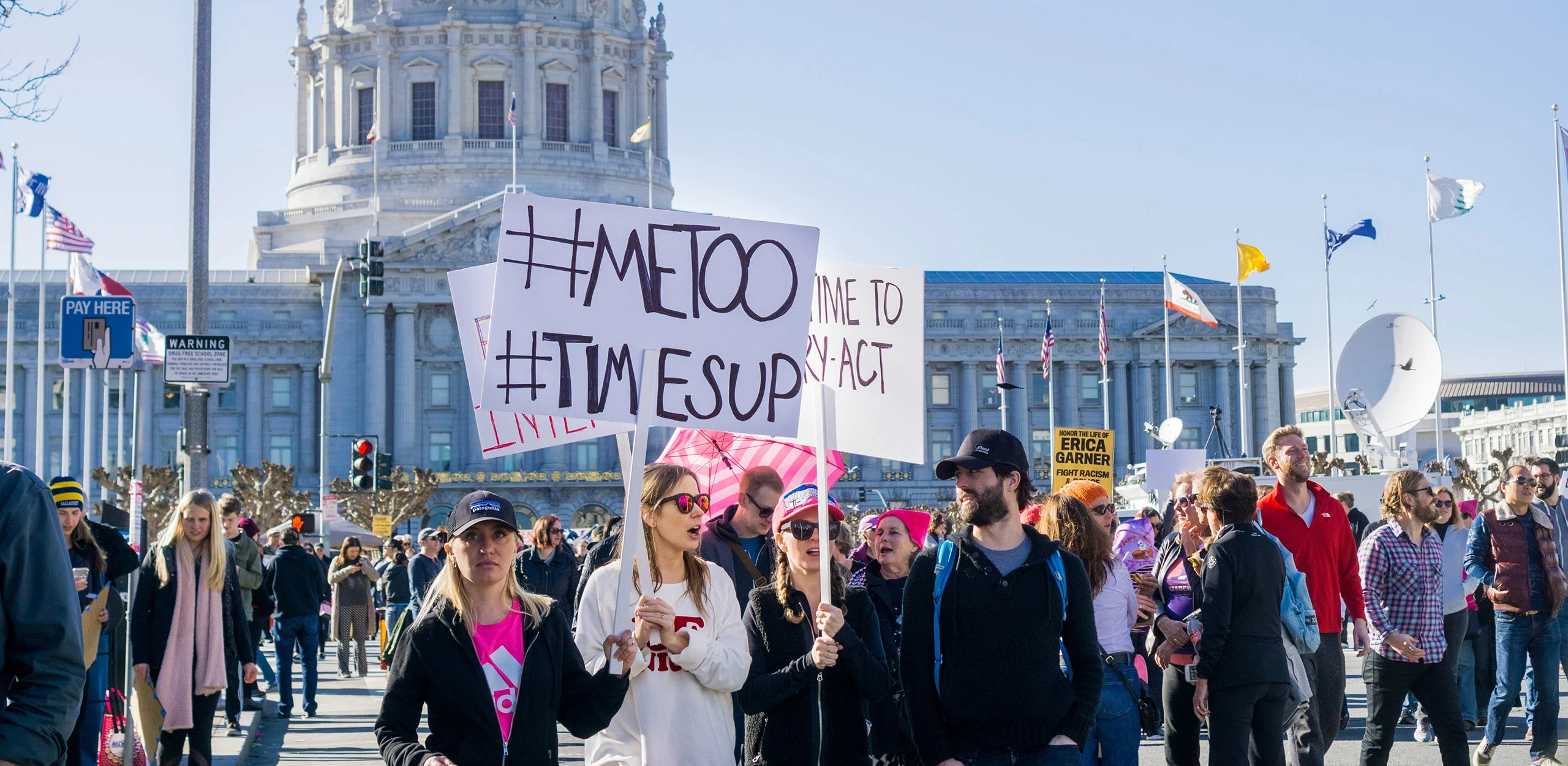
The number of female youths aged 15–24 years who are illiterate almost halved between 1995 and 2018, going from 100 million in 1995 to 56 million in 2018.
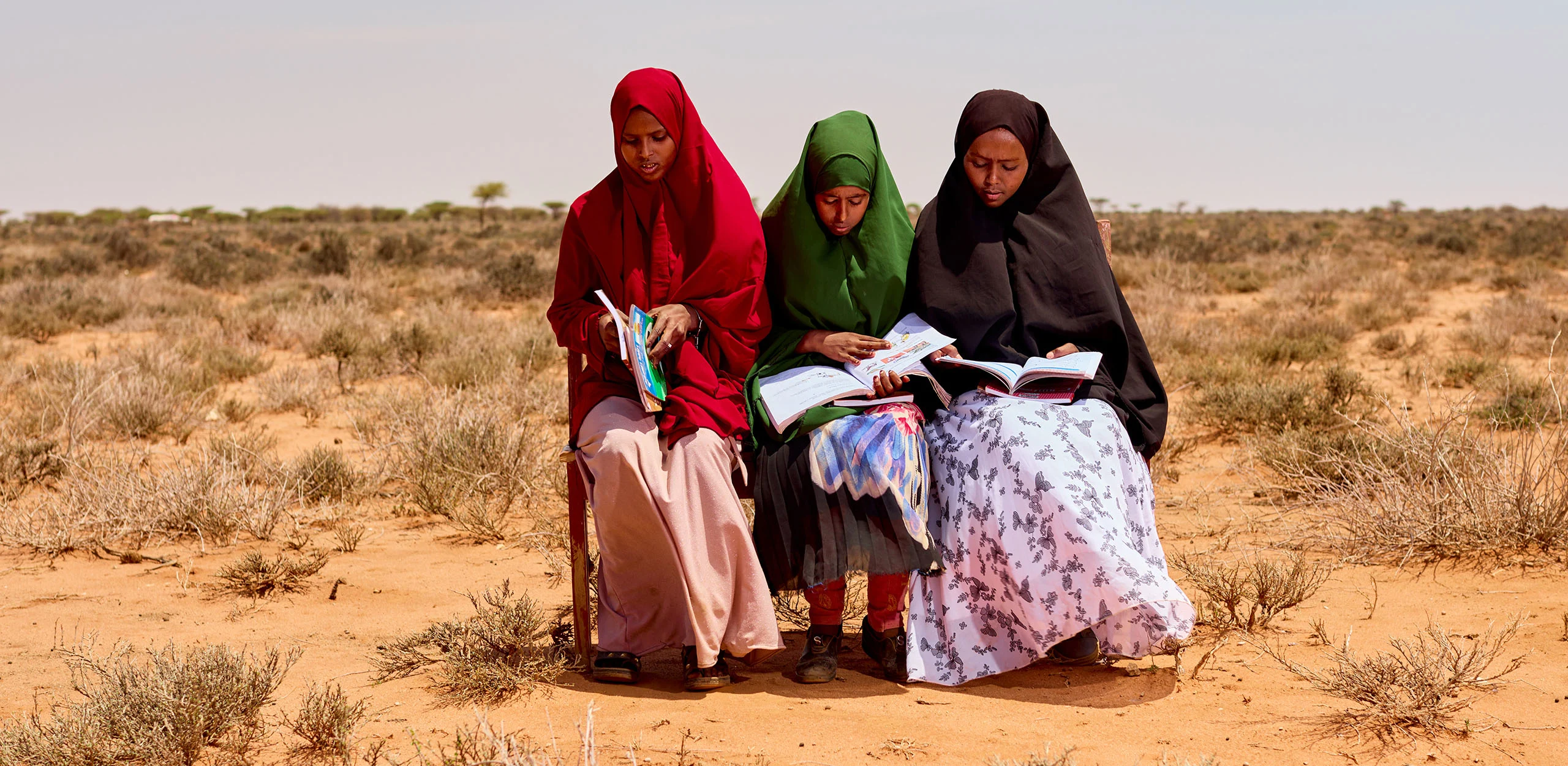
Girls, young women and gender diverse young people have played an enormous role in spearheading the movement to end climate change – from Greta Thunberg catalysing the global School Strike 4 Climate in 2018, to First Nations activists like Bundjalung woman, Amelia Telford, and Gudanji Wakaja woman, Rikki Dank leading activism and advocating for First Nations voices to be heard here in Australia.
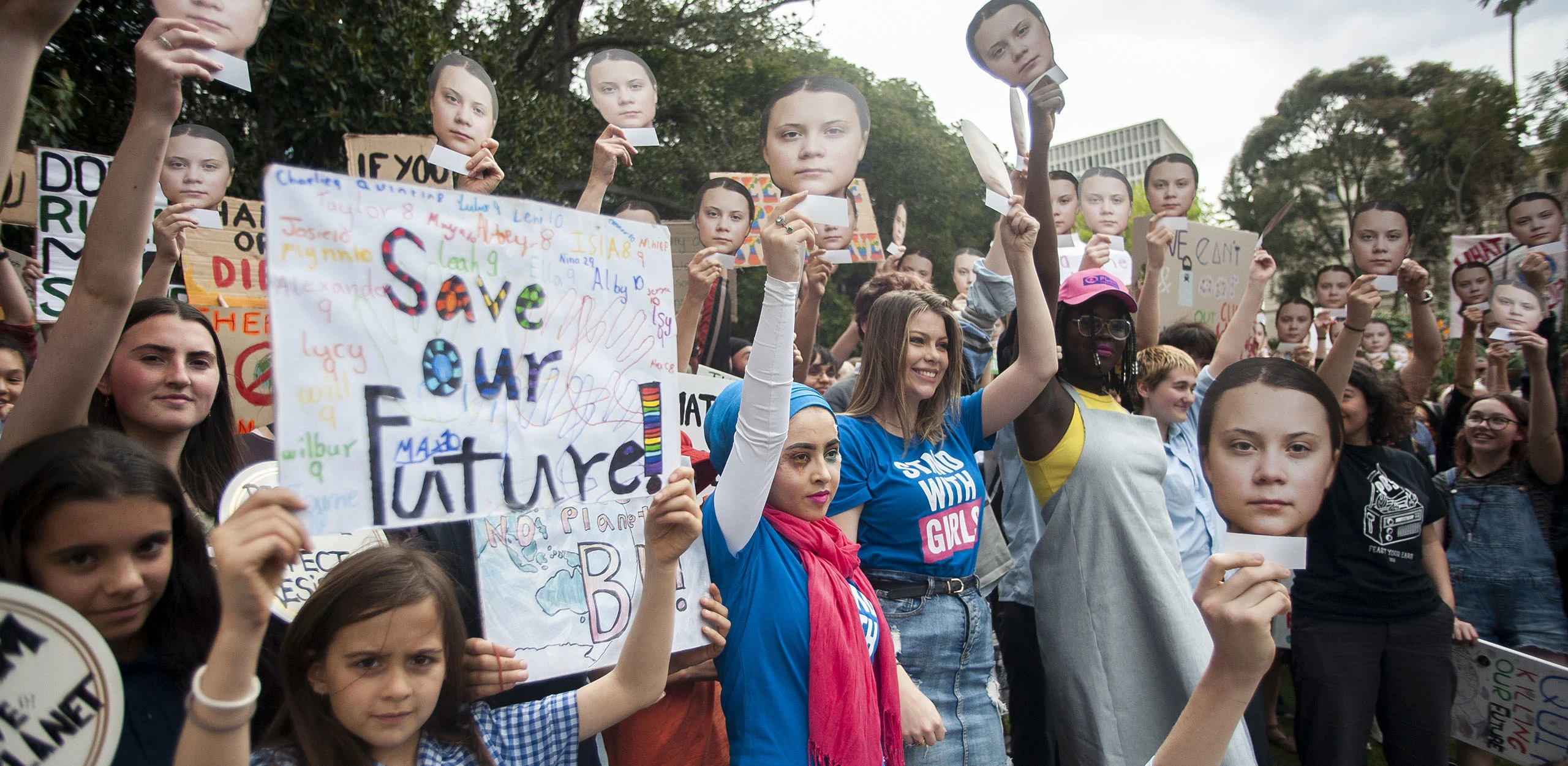
Participation in early childhood pre-school programmes increased from 65% in 2010 to 73% in 2019, with gender parity achieved in every region.
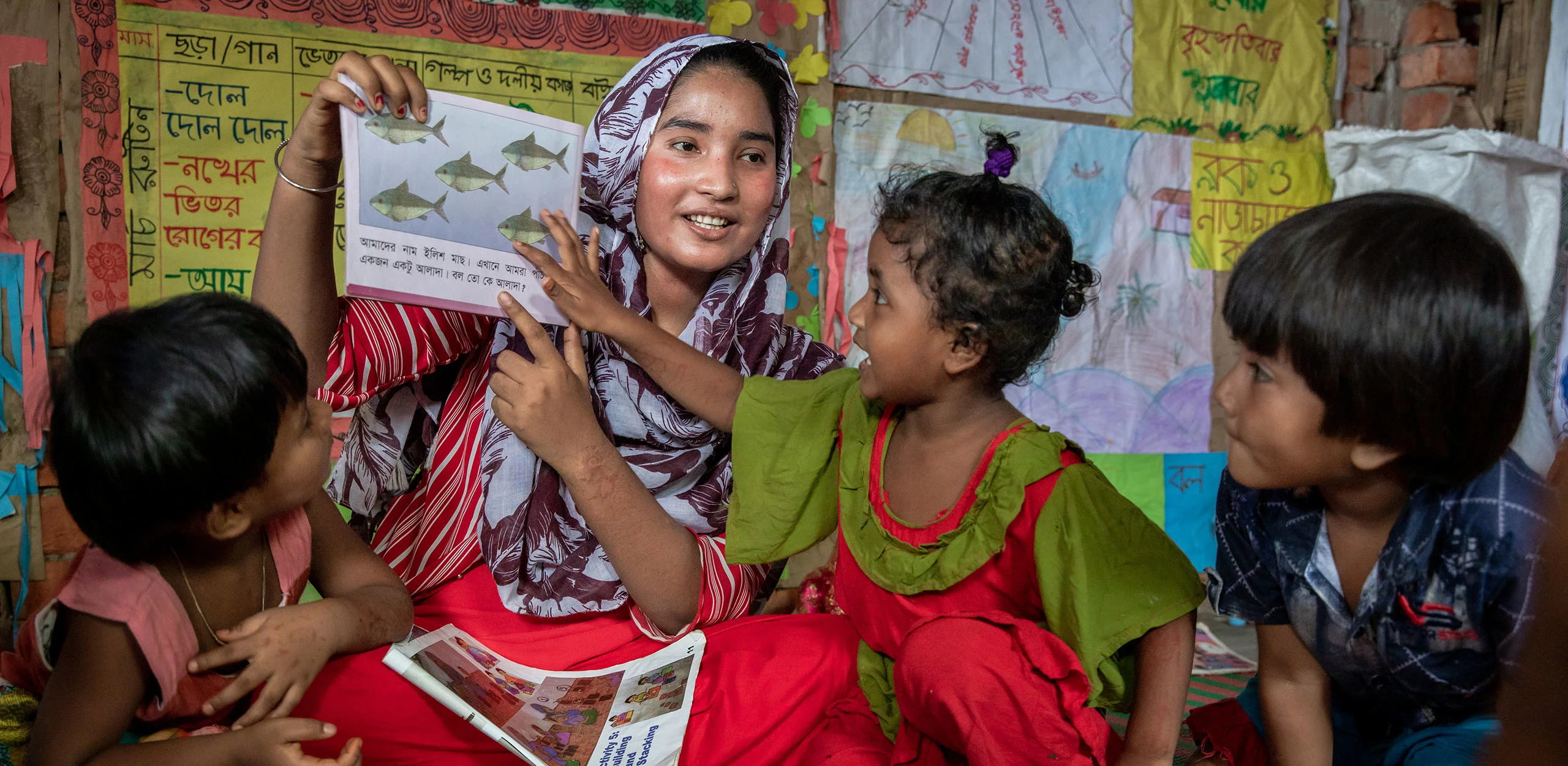
After 20 years of campaigning, the Australian Government finally abolished GST on tampons and sanitary pads in 2019, and in 2020, the Victorian Government announced free period products in all public schools in Victoria. These are both important steps in addressing period poverty and the gendered impacts of Australia’s tax and welfare system.

In March 2020 a new Women’s Safety Charter was announced, inspired by Plan International’s Safer Cities work. The Charter is designed to guide efforts by city-makers and government organisations to make Greater Sydney a safer place for girls and women.
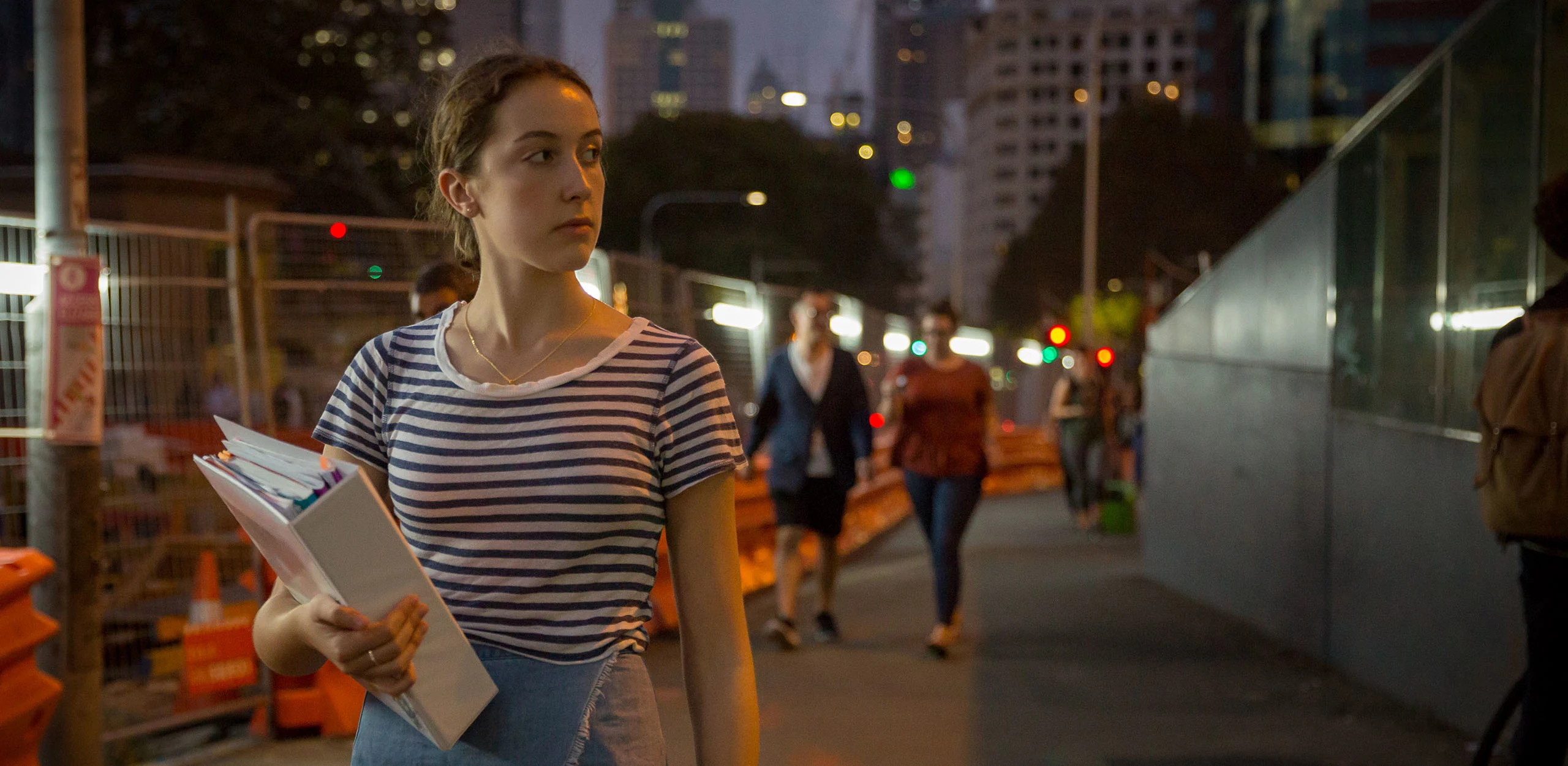
From Brittany Higgins, to Grace Tame, we saw powerful voices against sexual abuse and assualt emerge in Australia between 2020 and 2022, leading to increased awareness and some reform.
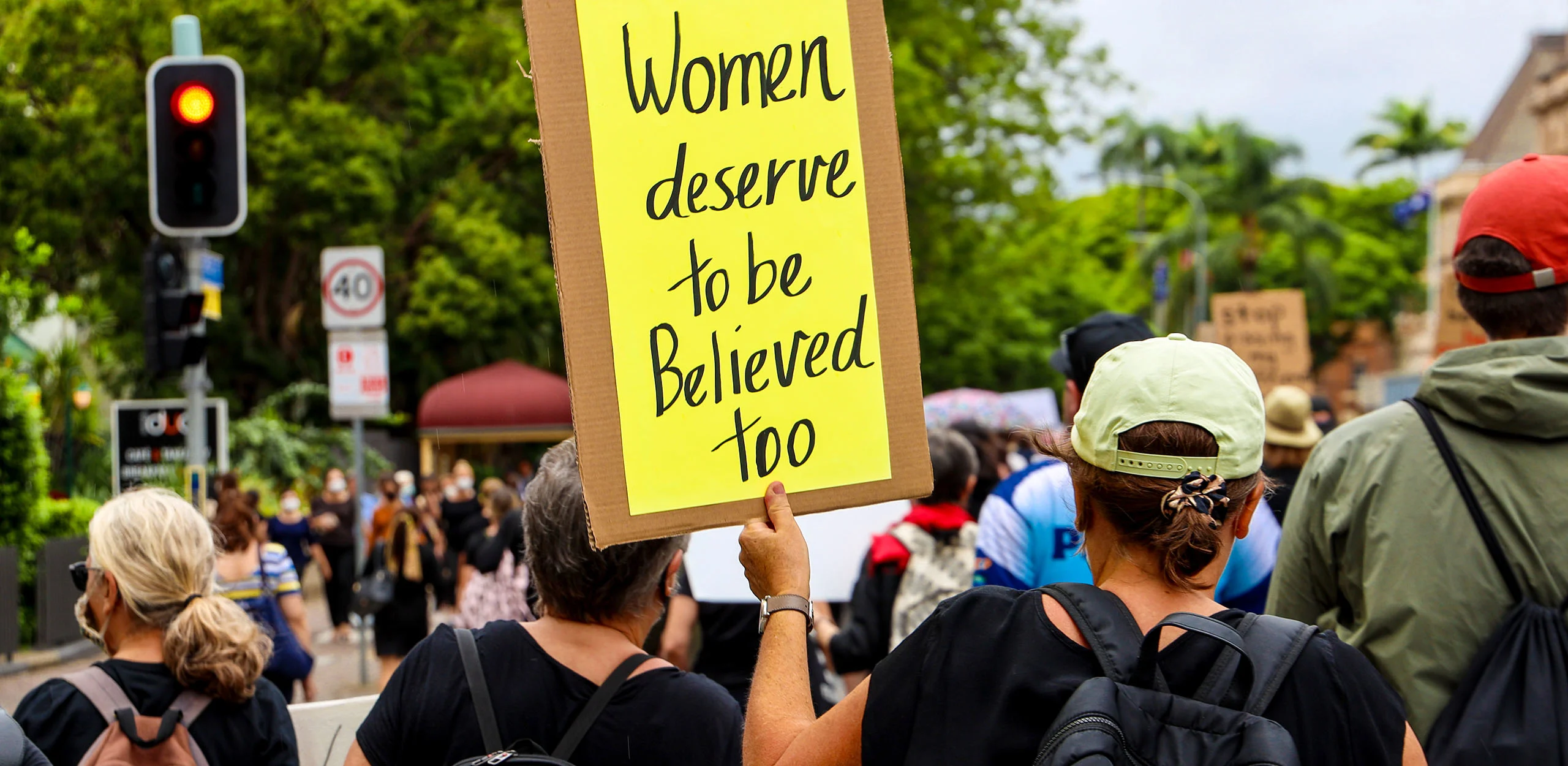
The leadership and activism of young women such as Chanel Contos – who placed consent firmly on the national agenda with her Teach Us Consent campaign – led to Education Ministers around Australia agreeing to mandate age-appropriate consent and respectful relationships education from foundation to year 10 in all Australian schools.
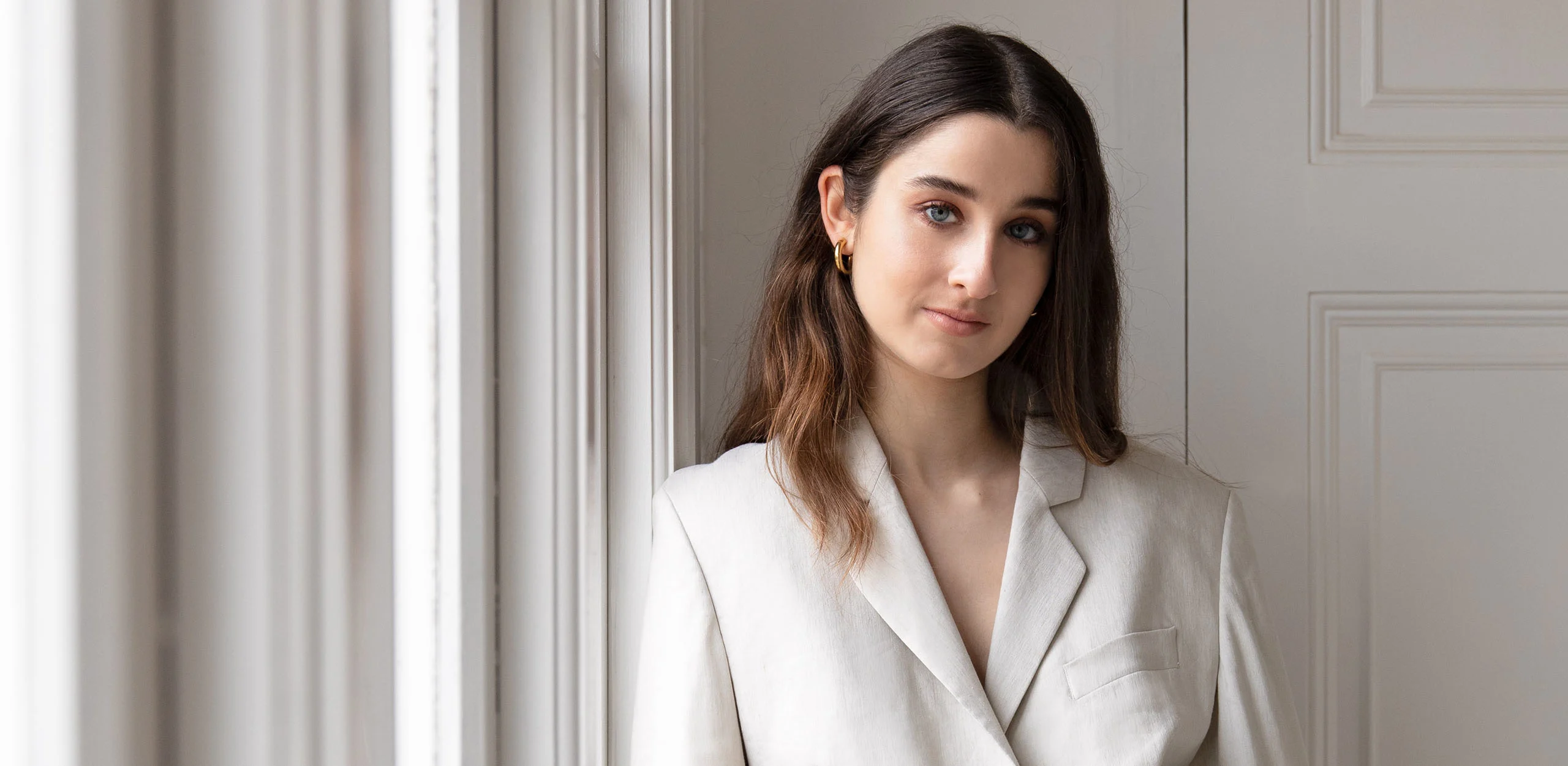
Representation in Parliament is an indicator of progress on gender equality in Australia and following the May 2022 election we welcomed the most diverse Parliament, including a record number of women. We also saw the highest numbers of Parliamentarians from First Nations and Asian backgrounds elected but, there is still a way to go in our Parliament truly reflecting Australia’s multicultural society.
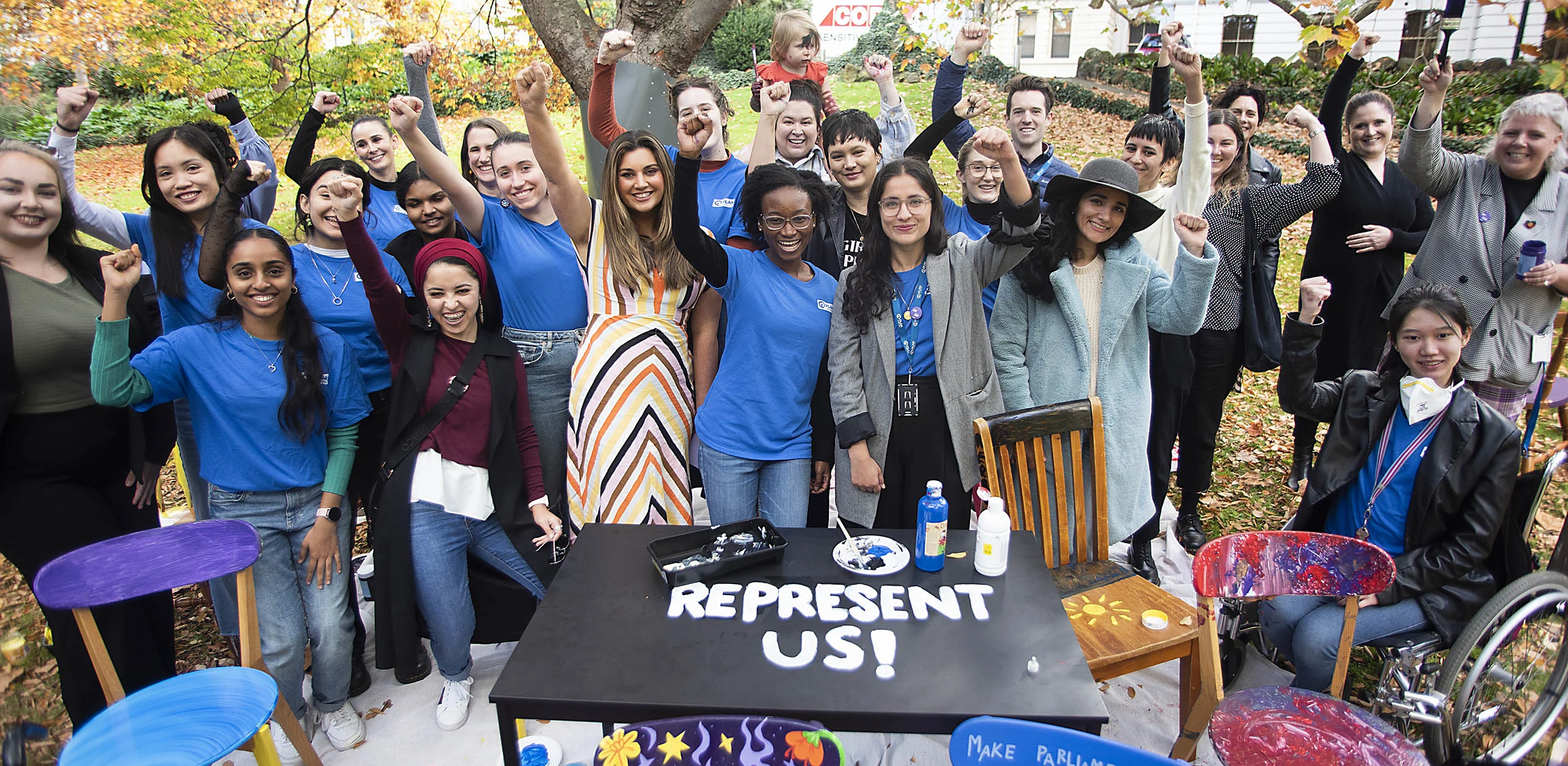
In July 2022, the NSW Government announced a $30 million investment into 10 pilot projects to co-design parts of the city with girls and women and address street harassment.
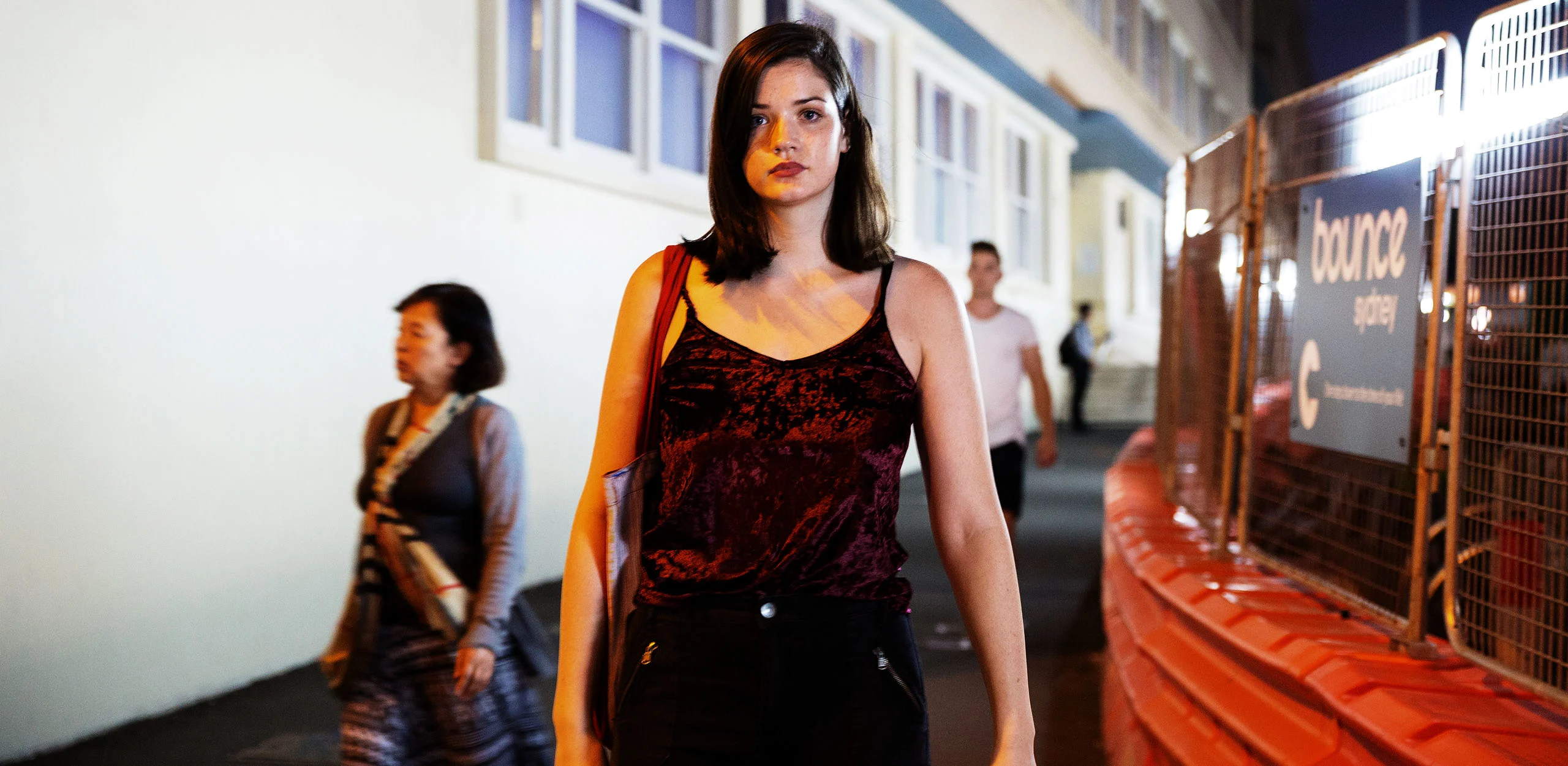
The last decade has seen significant, history shaping moments in Australia and around the world.
Girls, young women and gender diverse young people have been at the front of these changes, leading, speaking out and shaping the future.
To find out more, follow the link below to our report
Girl, Interrupted - 10 years of girls' rights in Australia.

